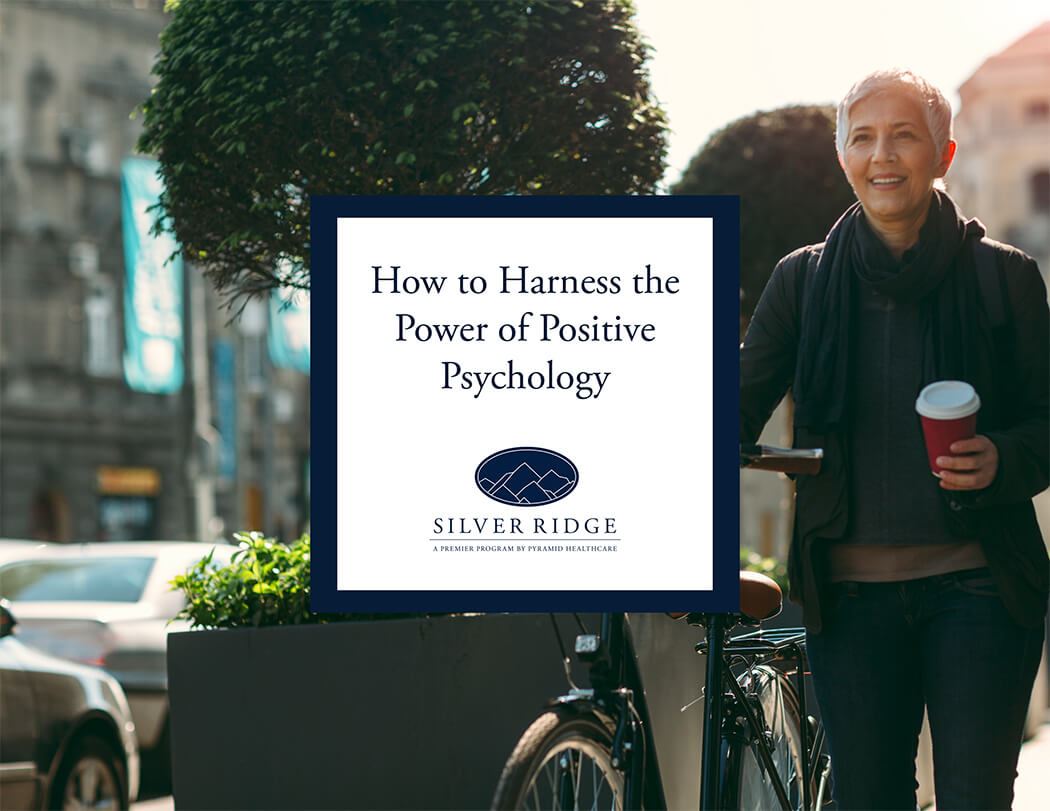How to Harness the Power of Positive Psychology

Positive psychology is a relatively new field of study that embraces the idea that humans are drawn by the future more than we’re driven by the past.
Officially established in 1999, positive psychology is concerned with helping people find meaning and joy in life. It uses scientific understanding and research-based interventions to help people achieve satisfaction and purpose in life through personal growth, healthy relationships and meaningful engagement.
Harvard psychiatrist George Vaillant, a pioneer in the field, views positive psychology as an effective way to encourage people to focus on using their strengths to nurture positive emotions and change negative patterns of thought and behavior.1 He notes that while the standard psychiatric textbook used by clinicians devotes thousands of lines to anxiety and depression and hundreds to negative emotions like fear, anger and guilt, not one line mentions love or compassion, and only five lines in the entire book refer to hope.
Hope is the very foundation of recovery from an addiction, according to the Substance Abuse and Mental Health Services Administration.2 Hope is the belief that a better future is possible, and it’s what fuels your motivation to work for something better in recovery. It drives you to find peace, to find purpose and meaning in life and to find ways to make life fun and exhilarating again.
Positive psychology is all about identifying, using and nurturing your strengths every day to live a pleasant, engaged and meaningful life. Applying some of its principles to your life in recovery can help you meet and overcome challenges and achieve a higher level of happiness and well-being.
The Four Major Dimensions of Recovery
Although positive psychology isn’t specifically concerned with recovering from an addiction, the ideas contained within its scope align seamlessly with the four major dimensions that support a life in recovery. These are:
- Health, or good physical and emotional well-being
- Home, or a safe, stable place to live
- Purpose, or the pursuit of meaning and enjoyment in life
- Community, or a network of relationships that offer support, friendship, hope and love
Five Elements of Well-Being
Dr. Martin Seligman, widely regarded as the founder of positive psychology, says that the overarching topic of positive psychology is well-being, which is the state of being comfortable, happy and in good physical and emotional health.3 He identifies five elements of well-being, which we pursue for their own sake:
- Positive emotions, including satisfaction, awe, curiosity, compassion and pride
- Engagement, or involving yourself in enjoyable, meaningful pursuits
- Relationships, which offer love, support and purpose
- Meaning, or working toward something larger than yourself
- Accomplishments, or the pursuit of mastery and success
Positive psychology helps people achieve authentic happiness by identifying their strengths and using them every day to foster personal growth in each of these five domains of well-being.
24 Personal Strengths
We all have strengths, but they can be hard to identify if we haven’t cultivated them. Identifying and using your strengths and values creates positive emotions. This process helps you find your niche.
A classification of six universal values are broken down into…
References:









